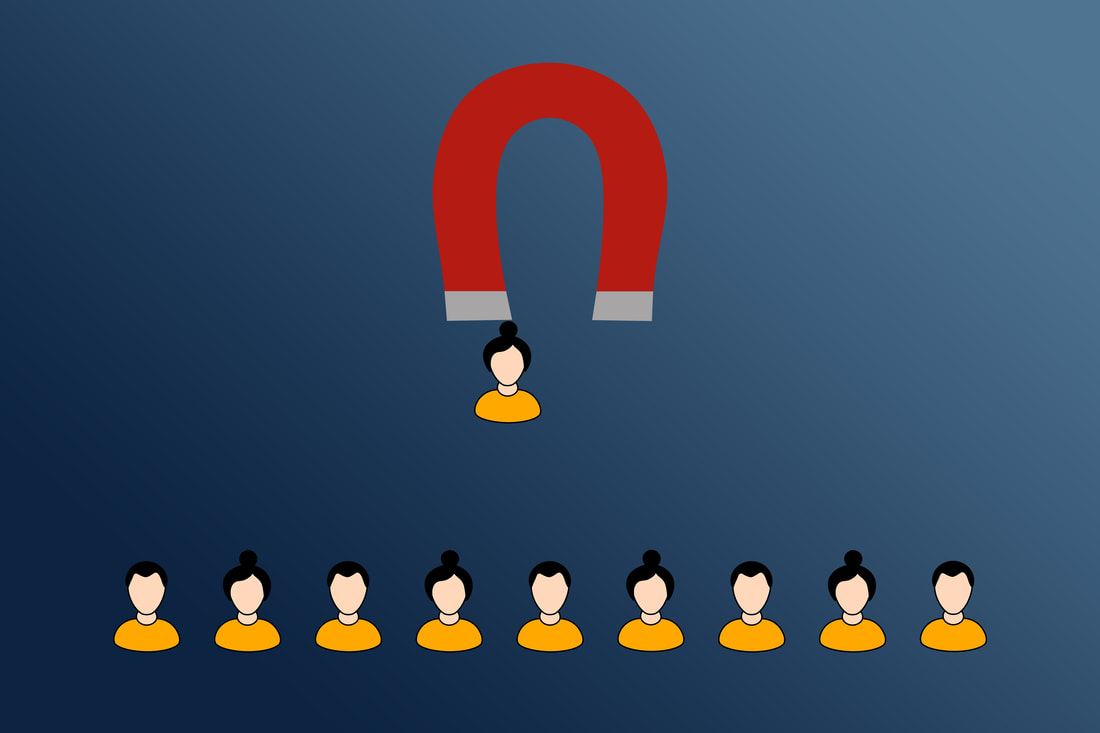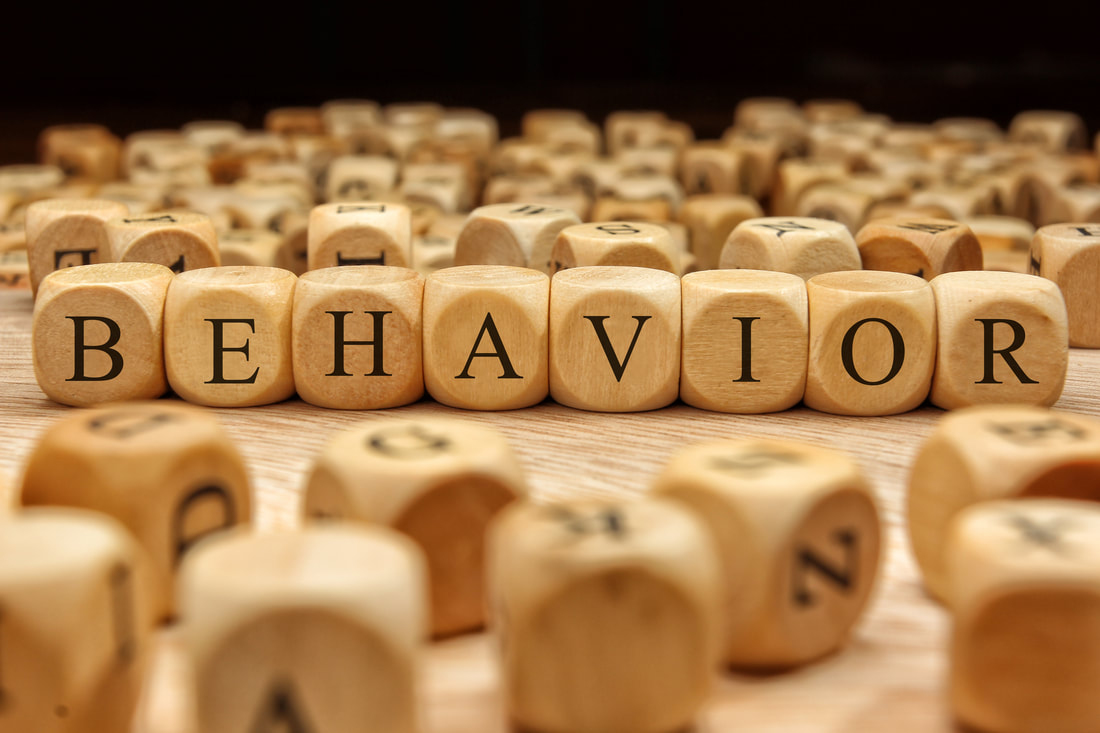|
As the vibrant hues of March herald the onset of spring, it's also a time to reflect on the blossoming of mental wellness. With the changing seasons comes an opportunity to nurture our minds and embrace practices that foster resilience, self-care, and community support. In this blog post, we embark on a journey through a behavioral health program tailored for March, exploring strategies, insights, and stories that illuminate the path to holistic well-being.
Embracing Change: March symbolizes transition, mirroring the changes within ourselves. Just as nature sheds its wintry cloak, we too can shed old habits and embrace new beginnings. The behavioral health program for March encourages individuals to acknowledge the inevitability of change and cultivate adaptability. Through mindfulness practices, journaling prompts, and guided reflections, participants are invited to embrace the present moment and navigate transitions with grace and resilience. Connecting Through Community: At the heart of any behavioral health program lies the power of community support. March provides an ideal backdrop for fostering connections and cultivating a sense of belonging. Whether through virtual support groups, outdoor activities, or collaborative projects, participants are encouraged to reach out and build meaningful relationships. By sharing experiences, offering empathy, and celebrating each other's victories, individuals can strengthen their support networks and experience the healing power of human connection. Honoring Self-Care Rituals: In the hustle and bustle of daily life, it's easy to neglect self-care. However, March serves as a reminder to prioritize our well-being and honor self-care rituals. From indulging in creative pursuits to immersing oneself in nature, the behavioral health program encourages individuals to carve out moments of tranquility amidst the chaos. Whether it's a leisurely stroll through blooming gardens or a cozy evening spent with a good book, March invites us to nourish our souls and replenish our spirits. Exploring Resilience Through Storytelling: March is a tapestry woven with stories of resilience and renewal. Through the art of storytelling, participants are invited to explore their own narratives of strength and perseverance. By reflecting on past challenges and victories, individuals can gain insight into their resilience and cultivate a sense of empowerment. Through writing prompts, expressive arts, and group discussions, the behavioral health program provides a platform for individuals to share their stories, find validation, and inspire others on their journey towards healing. As March unfolds its petals, let us embrace the opportunity to nurture our mental wellness and cultivate a flourishing inner garden. Through the behavioral health program tailored for this month, we embark on a journey of self-discovery, connection, and resilience. May each step we take bring us closer to wholeness, and may the lessons learned in March continue to bloom and thrive throughout the seasons ahead.
0 Comments
February is the month of love, but for many, it can also bring about complex emotions and relationship challenges. At Sample Supports, we understand the intricacies of human behavior, especially in the context of love and relationships. In this month's blog post, we delve into the ways behavioral counseling can help navigate the ups and downs of romantic connections:
|
Categories
All
Archives
March 2024
|
We Provide Services 24/7
Administrative Office Hours:
Monday - Friday
8:00 am - 5:00 pm
Phone: 720.684.6102
info@samplesupports.com
Fax: 303.261.8216
Mailing Address:
606 Mountain View Ave.
Longmont, CO 80501
Click to set custom HTML
© 2023 All RIGHTS RESERVED PRIVACY POLICY









 RSS Feed
RSS Feed